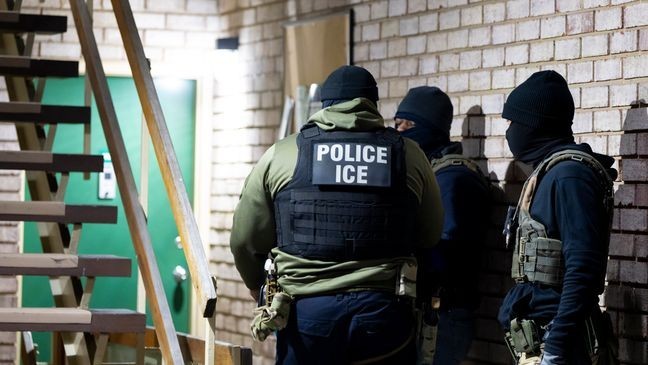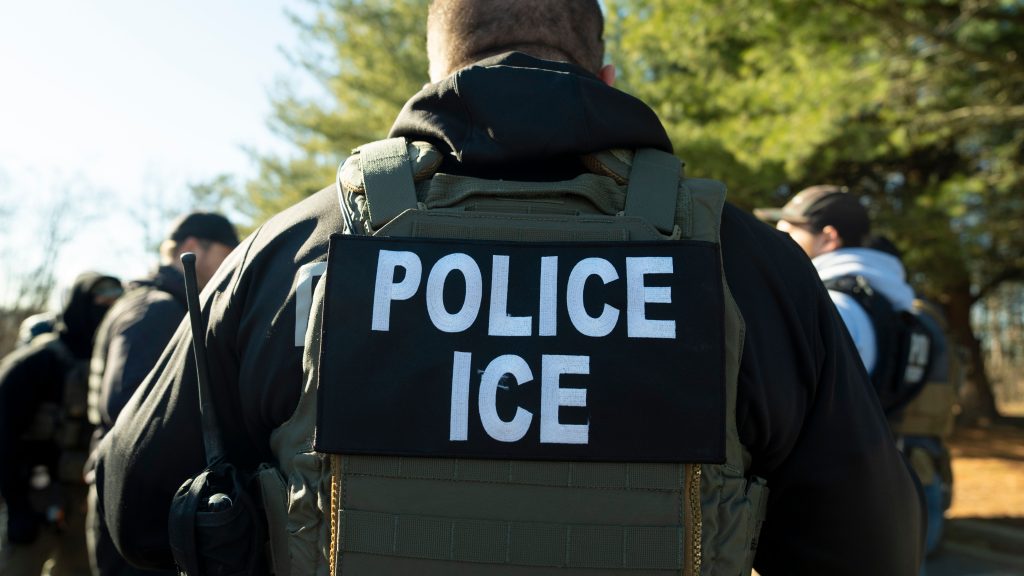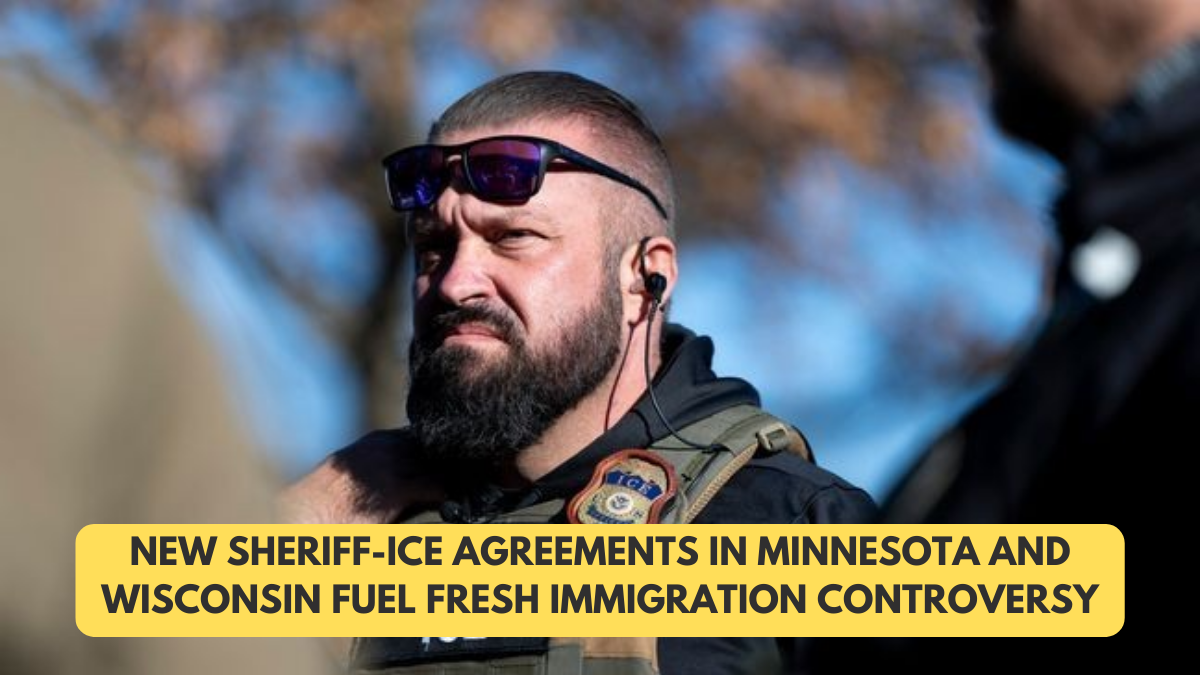In a move reigniting debate over local-federal collaboration on immigration enforcement, several sheriff’s offices across Minnesota and Wisconsin have signed new cooperation agreements with U.S. Immigration and Customs Enforcement (ICE). The agreements fall under the controversial 287(g) program, which authorizes local law enforcement to assist in enforcing federal immigration laws—a practice critics say may erode public trust and lead to civil rights violations.
The 287(g) Program: Local Role in Federal Enforcement
Under Section 287(g) of the Immigration and Nationality Act, ICE can enter into agreements with state and local law enforcement agencies, allowing designated officers to perform certain immigration enforcement functions. The program offers three models:
- Jail Enforcement Model (JEM): Deputies identify and process removable individuals already in custody.
- Warrant Service Officer (WSO) Model: Deputies serve ICE-issued warrants on individuals in local jails.
- Task Force Officer (TFO) Model: Deputies can perform immigration enforcement in the community alongside ICE.
For more on the program, visit ICE’s official 287(g) program page.
Minnesota Counties Join the Program

Five counties in Minnesota—Cass, Crow Wing, Freeborn, Itasca, and Jackson—have recently joined ICE through varying models of the 287(g) program.
- Cass, Crow Wing, and Itasca Counties adopted the Task Force model, authorizing deputies to conduct enforcement operations in coordination with ICE outside of jail settings.
- Freeborn County selected the Warrant Service Officer model, enabling deputies to serve immigration-related warrants within correctional facilities.
- Jackson County went further by incorporating both the WSO and Jail Enforcement models.
Crow Wing County Sheriff Eric Klang emphasized that the decision to participate stems from a desire to cooperate more closely with federal authorities in targeting serious offenders. “This is not about rounding up people. It’s about focusing on the criminal element,” Klang said in a statement to MPR News.
Wisconsin Expands Cooperation
In neighboring Wisconsin, four additional counties—Washington, Waupaca, Winnebago, and Wood—signed onto the Warrant Service Officer model this year. These join eight other counties that already had cooperative agreements with ICE.
The WSO model is increasingly favored among Wisconsin counties as it requires fewer resources than the full Jail Enforcement Model while still allowing deputies to detain individuals based on ICE warrants.
For more about ICE partnerships in Wisconsin, visit ICE Enforcement and Removal Operations.
Controversy and Civil Rights Concerns
The expansion of the 287(g) program has drawn criticism from immigrant rights groups and civil liberties advocates who argue that such partnerships can:
- Lead to racial profiling and wrongful detention
- Undermine community trust in local law enforcement
- Blur the lines between immigration enforcement and local policing
The American Civil Liberties Union (ACLU) has consistently opposed 287(g) agreements, arguing that they often lead to the targeting of non-criminal immigrants or those with minor infractions like traffic violations.
In Minnesota, the Attorney General’s Office expressed legal concerns over the practice of holding individuals solely on ICE detainers without additional criminal charges. Legal experts warn that doing so may violate constitutional protections against unlawful detention, as local officers are not authorized to enforce federal immigration laws without a formal agreement.
A 2019 Government Accountability Office (GAO) report also found inconsistencies in how 287(g) programs are administered, raising questions about oversight and accountability.
Local Response and Justification

Despite pushback, local law enforcement leaders argue that participation in the 287(g) program enhances public safety by removing individuals who pose a threat to the community.
Sheriff Jeff Hoverson of Jackson County, Minnesota, stated that their agreement is targeted specifically at individuals with criminal records. “This isn’t about immigration status—it’s about making our communities safer,” he said.
However, data compiled from ICE and independent researchers show that many people detained under 287(g) partnerships are arrested for non-violent offenses or civil immigration violations.
The Broader Political Context
The resurgence in 287(g) agreements follows a broader national trend of increasing cooperation between federal immigration authorities and local law enforcement. While the Biden administration scaled back such programs, the recent political shift and return of hardline immigration rhetoric under former President Trump’s influence has renewed interest in local partnerships with ICE.
Advocates warn that expanding these programs could further divide communities and create chilling effects in immigrant neighborhoods—discouraging people from reporting crimes or cooperating with police.
Conclusion
As Minnesota and Wisconsin expand their 287(g) cooperation with ICE, the debate between public safety and civil rights intensifies. Supporters argue the agreements target dangerous criminals, while critics caution that these efforts may lead to overreach, mistrust, and legal challenges.
The unfolding developments highlight the complex balance between federal immigration enforcement and local law enforcement priorities—and the implications for immigrant communities across the Midwest.


